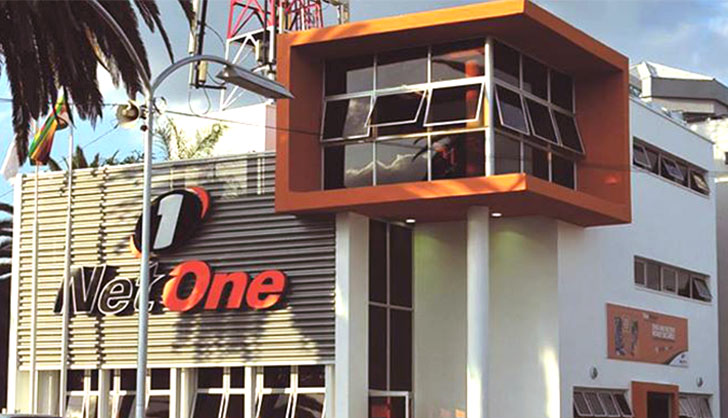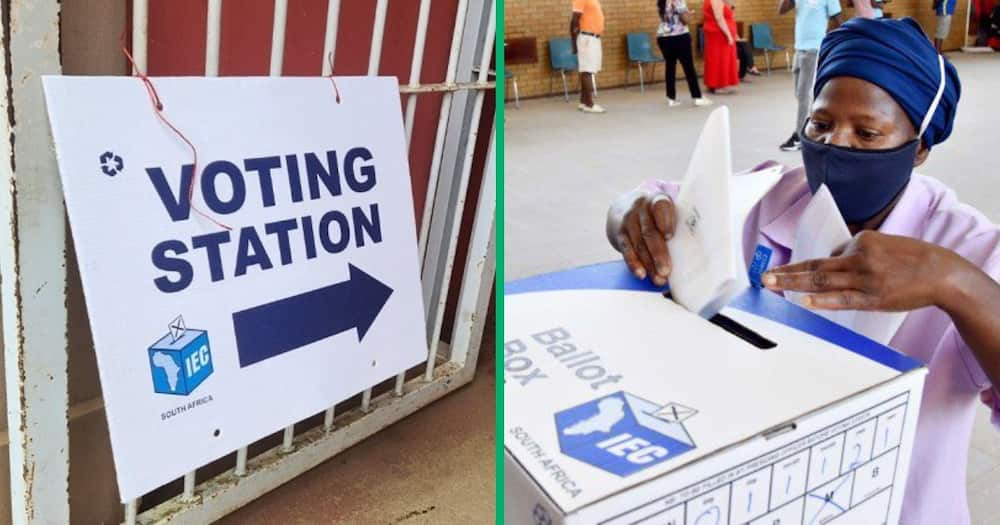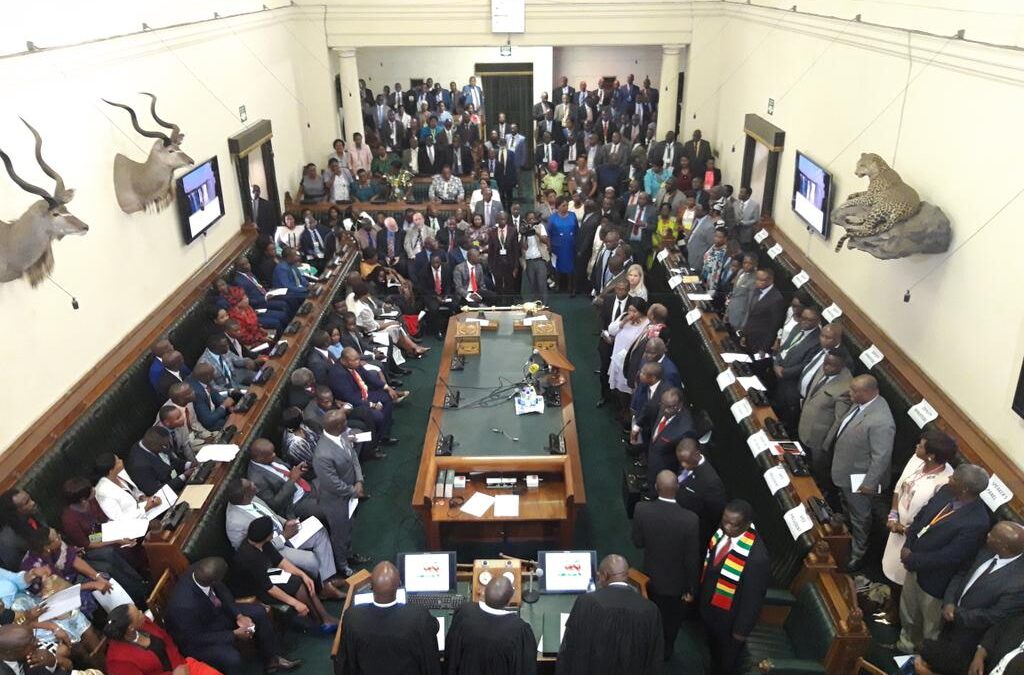Tendai Zeso
Netone has overtaken Econet as the Mobile Network Operator with the most expensive data tariffs in the country following the recent tariff hikes by the companies to match the official forex exchange rates and rising operating expenses.
The two companies hiked the prices of their call, sms and data services after receiving a greenlight from POTRAZ to match rising operating expenses.
The development saw Netone emerging as the operator with the most expensive prices despite it being a state run company that enjoys benefits like state subsidies and exemptions from paying for the operator’s license.
Subscribers expected Econet to emerge with higher prices as they always do considering that they are a private operator that does not get exemptions and subsidies.
Surprisingly, Netone emerged with prices that were increased by more than 100%.
For instance, their daily internet packages like the 1GB hourly bundle and 1GB night bundle were increased to ZW$60 from ZW$30 for the former and ZW$120 from ZW$50 for the latter.
The minimum fee for Netone’s daily internet package is now ZW$25 for 30MB, (from 8.70) while the maximum fee has risen to ZW$350 (from ZW$120) for 1.2GB.
For Econet, an hourly bundle costs ZW$30 for 1GB which is half the price of that of Netone. Although the former does not have the night bundle package, they have a 2 hour package which costs ZW$50 for 1GB and ZW$65 for 1.5GB.
The minimum fees for their daily internet packages range from ZW$8 for 20 Mb to a maximum fee of ZW$225 for 1.2 GB.
For the widely used packages like the WhatsApp weekly bundle, the minimum amount for one to purchase a weekly bundle from Econet is ZW$26 for 65MB and a maximum of ZW$53 for 140 MB.
A subscriber has to double these figures to purchase a minimum WhatsApp weekly bundle from Netone which now costs ZW$50 for 70Mb, and a maximum of ZW$100 for 150MB.
As companies are now encouraging people to work from home, subscribers are now using Netone’s OneFi and Econet’s Private Wifi packages. However, with Netone, one has to part ways with ZW$2500 to buy 25GB, and a maximum of 6000 for 80GB.
This is way more expensive than Econet packages which cost ZW$1 500 for 25GB and 2200 for 50GB. Econet also has other more affordable packages like the 8GB which costs ZW$600 and 15 GB which costs ZW$950.
For calls, Netone has hiked its prices to ZW$4.11 per minute for local calls, and ZW$1.09 for local sms. Their prices are slightly lower than those of Econet which are ranging from ZW$4.33 for local calls and ZW$1.098 for local sms.
Although they are lower to those of Econet, they are very competitive considering the fact that latter is a private organisation which foots all its costs.
Efforts to get a comment from Netone to establish why they have hiked their prices with high margins were fruitless as their Public Relations officer, Dr Eldrette Shereni’s number was not available by the time of publishing.
But the company said the increase was inspired by the need to foot their operating costs which are increasing due to the economic environment on their official twitter handle.
“Good Day. The Increase is due to an increase in our operating costs that keep on increasing due to the economic environment we are operating in. We believe these adjustments will enable us to continue to provide the quality service you love,” reads the tweet.
Their price hikes have caused an uproar from their subscribers, with more people now opting to defer to Econet and Telecel for more affordable services.
Telecel is yet to announce the new prices for their services, but many expect them to be cheaper since the company also benefits from state subsidies.
The subsidies have tilted the operating environment in favour of Netone and Telecel. But since Econet has managed to compete and dominate the environment without government favours, it would be a wise move for the state to stop providing these extra favour to state companies and allow them to compete fairly. Netone and Telecel must also pay for operating licences for them to be viable.





0 Comments